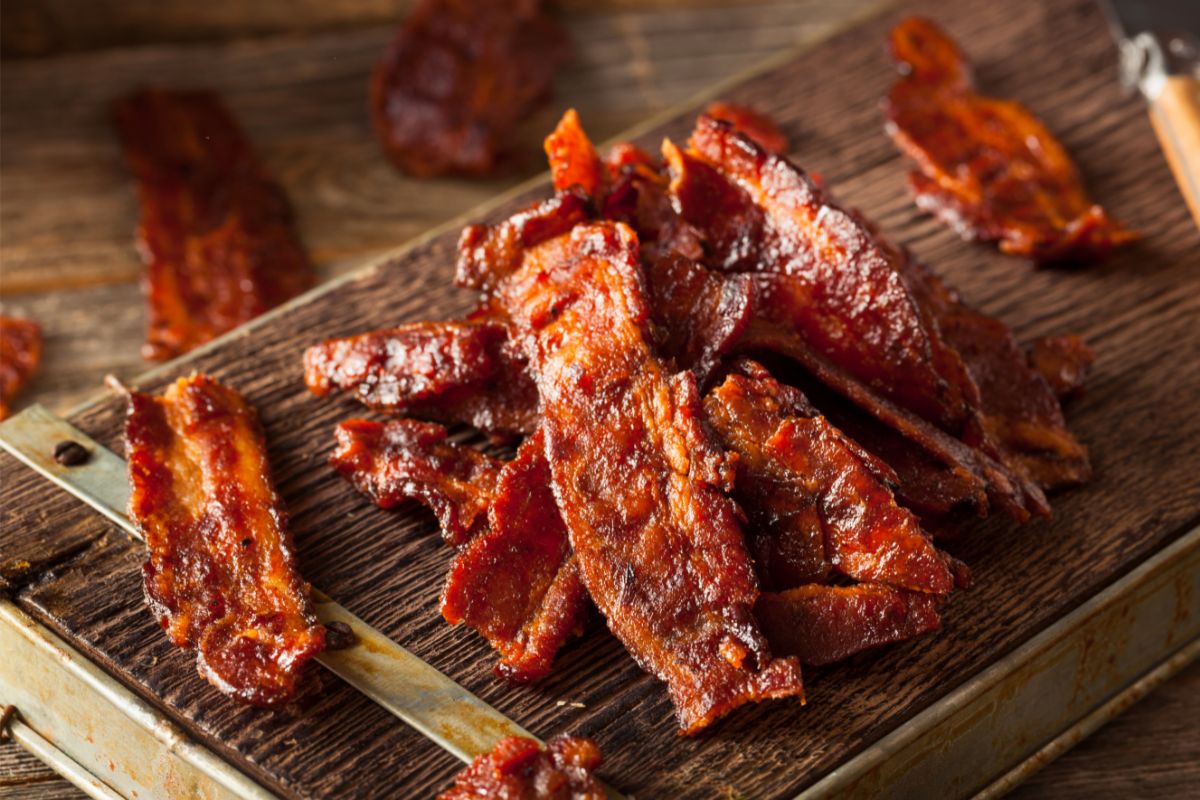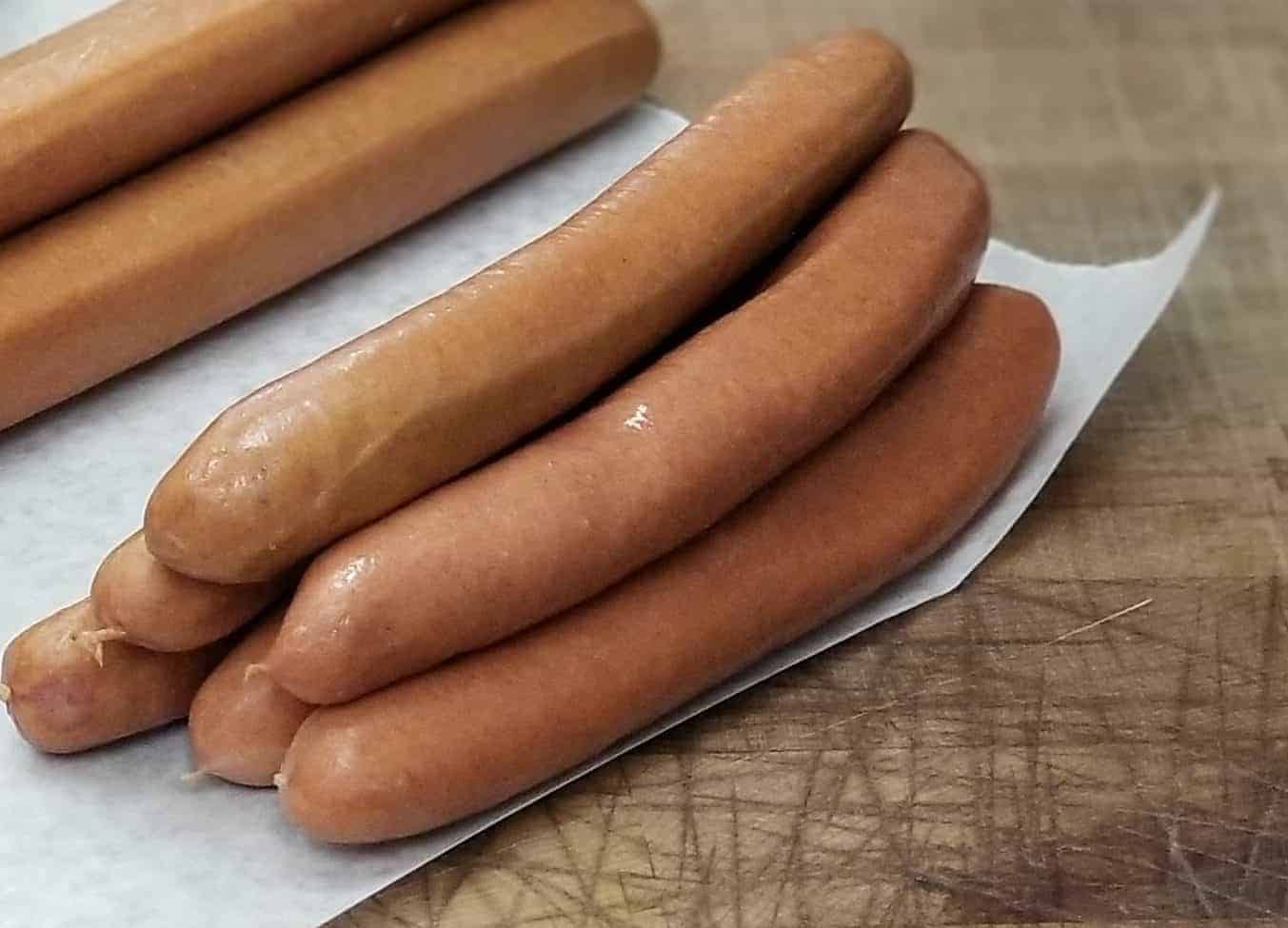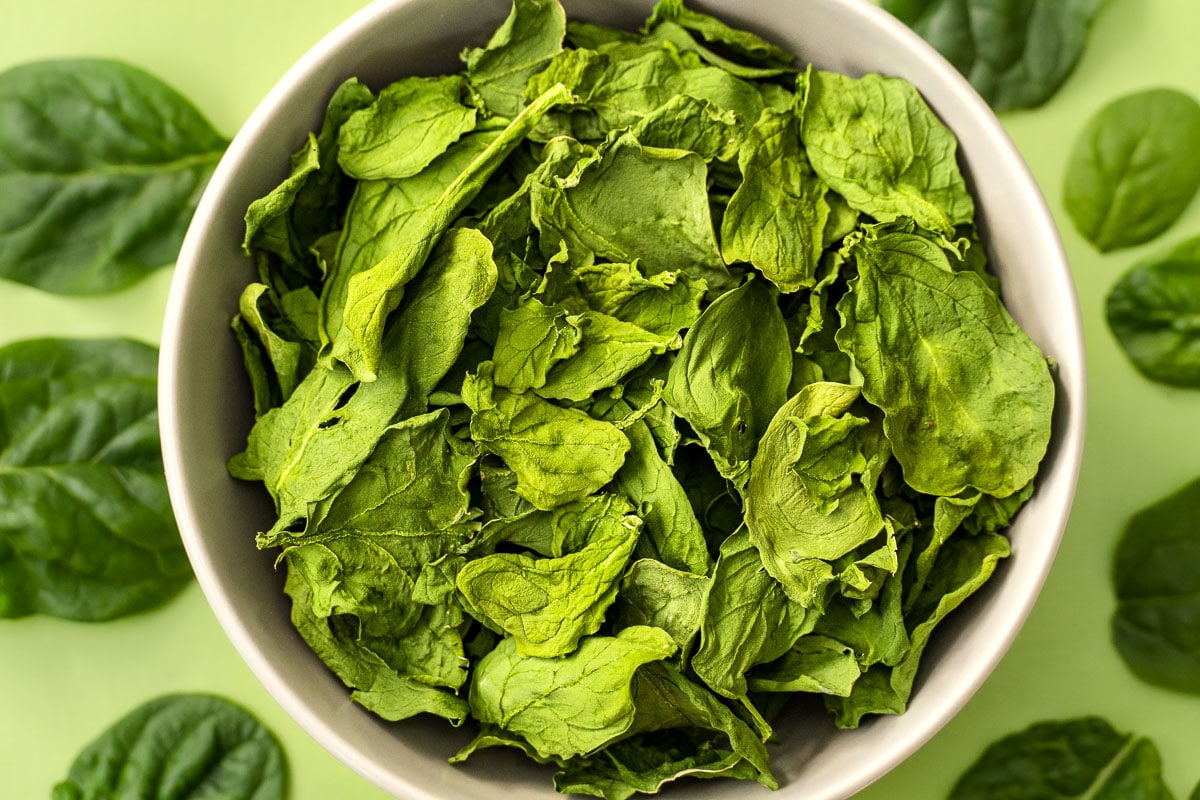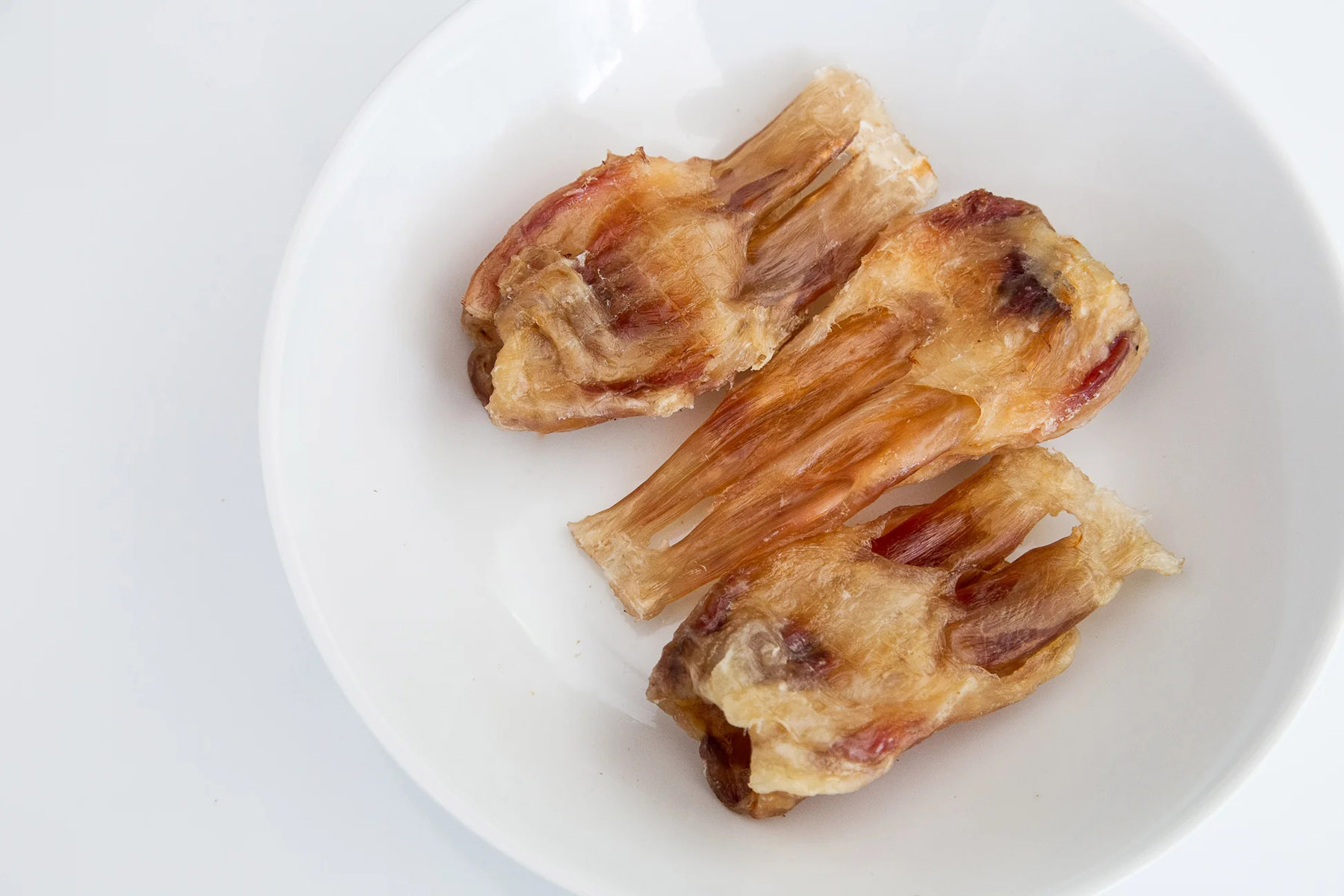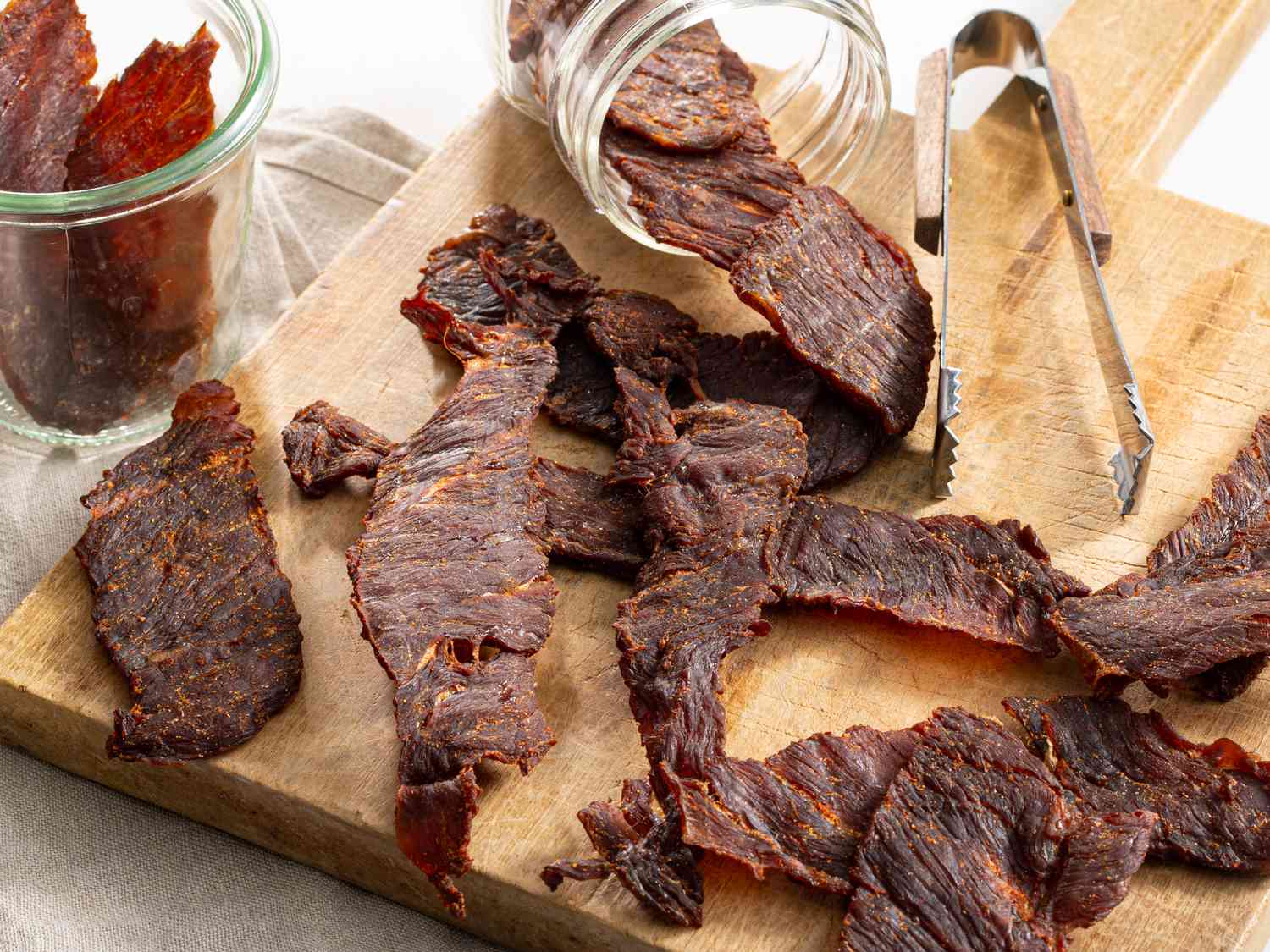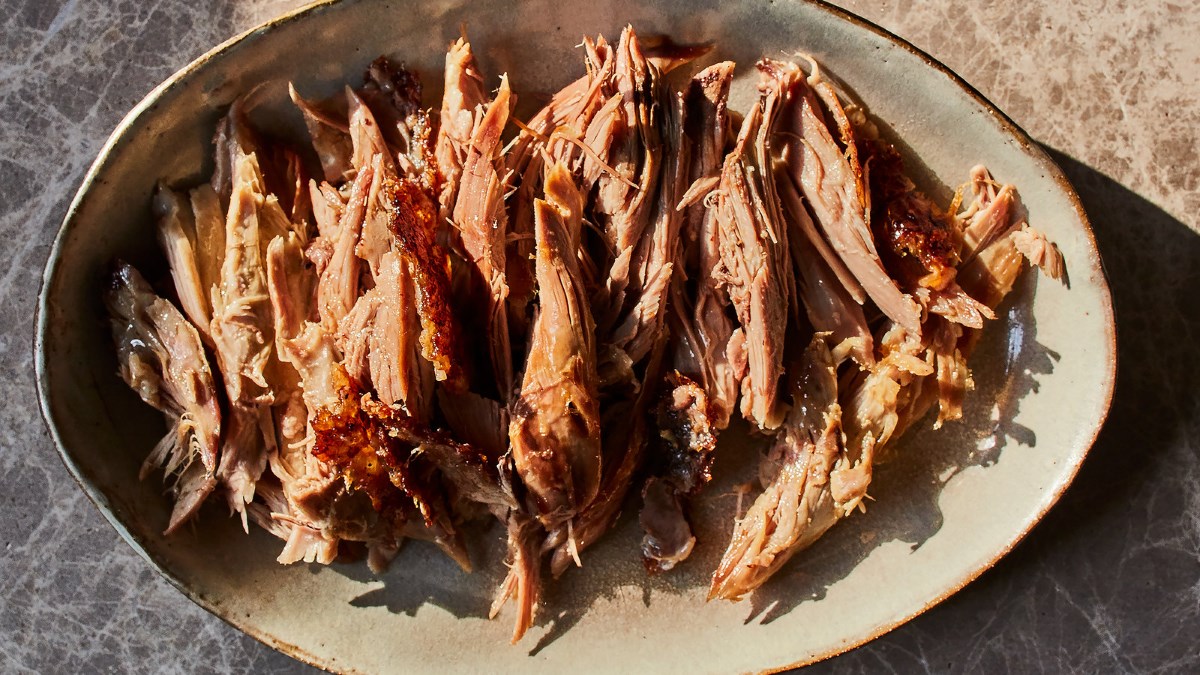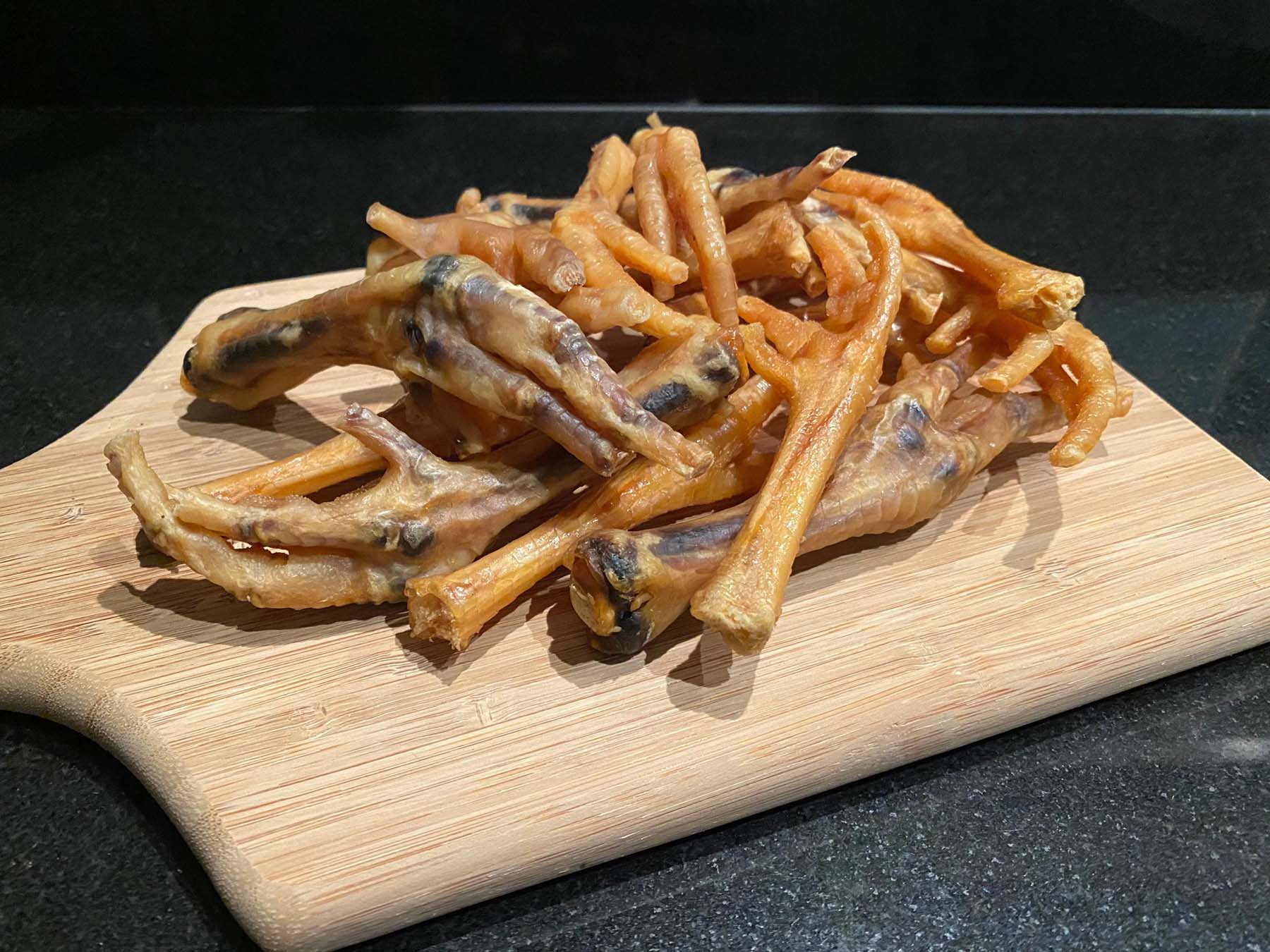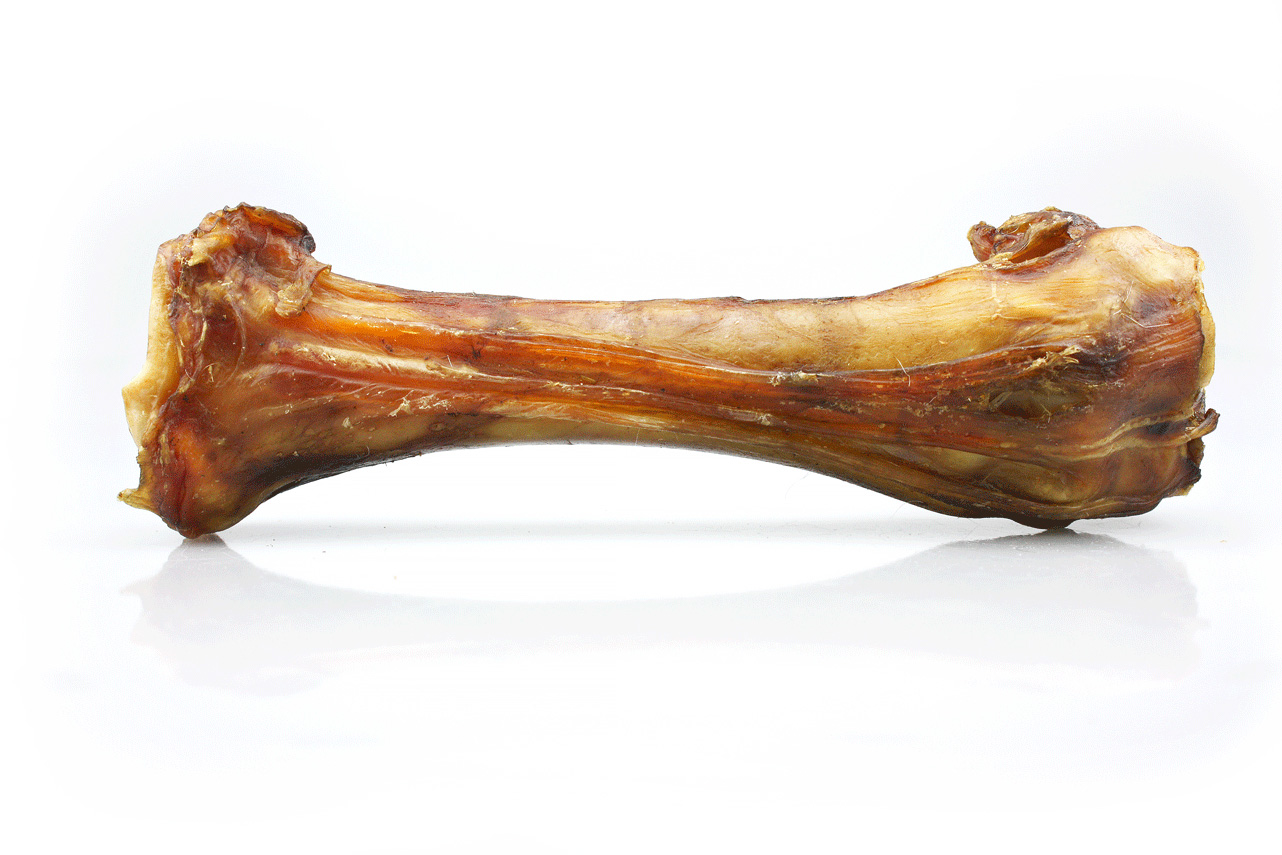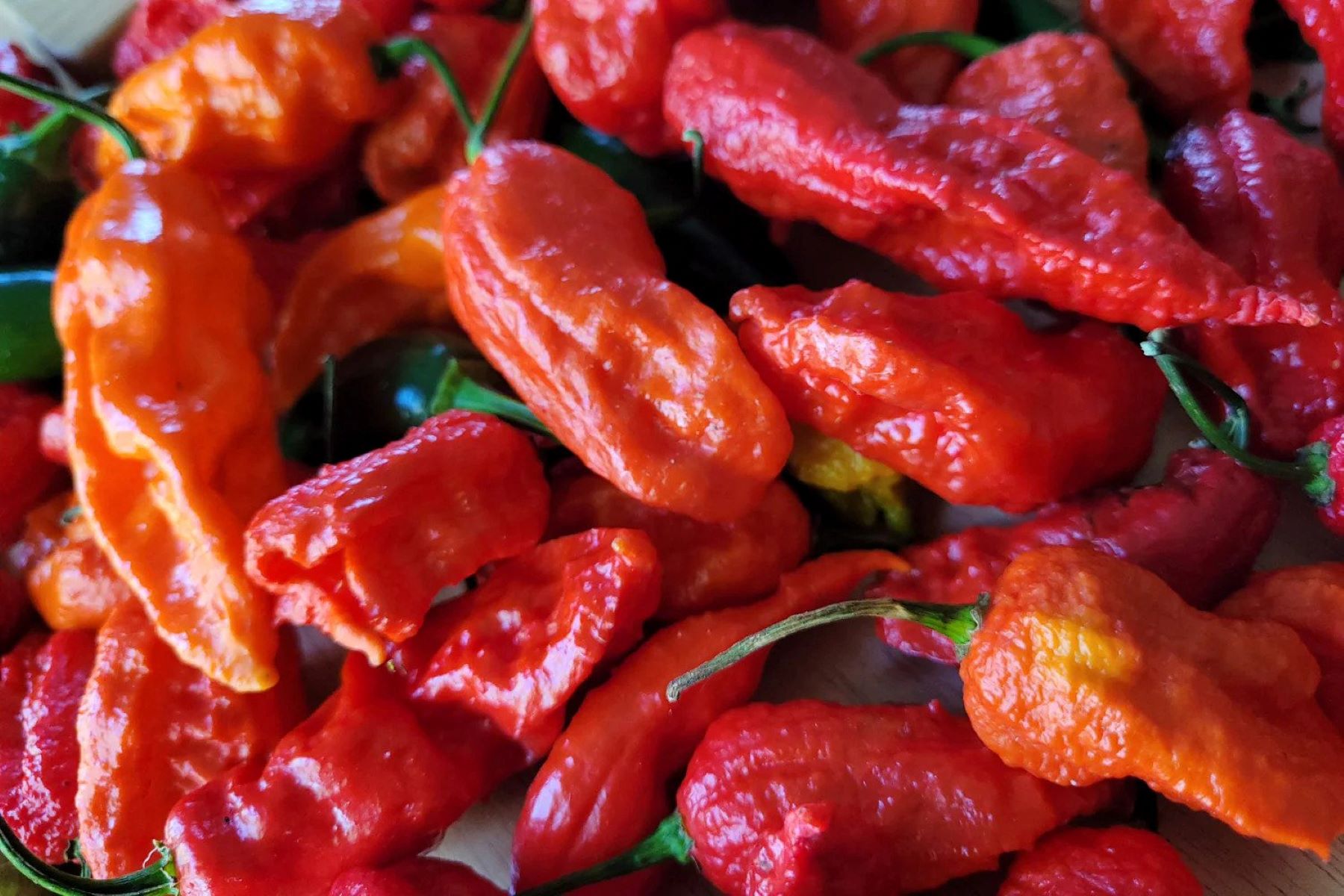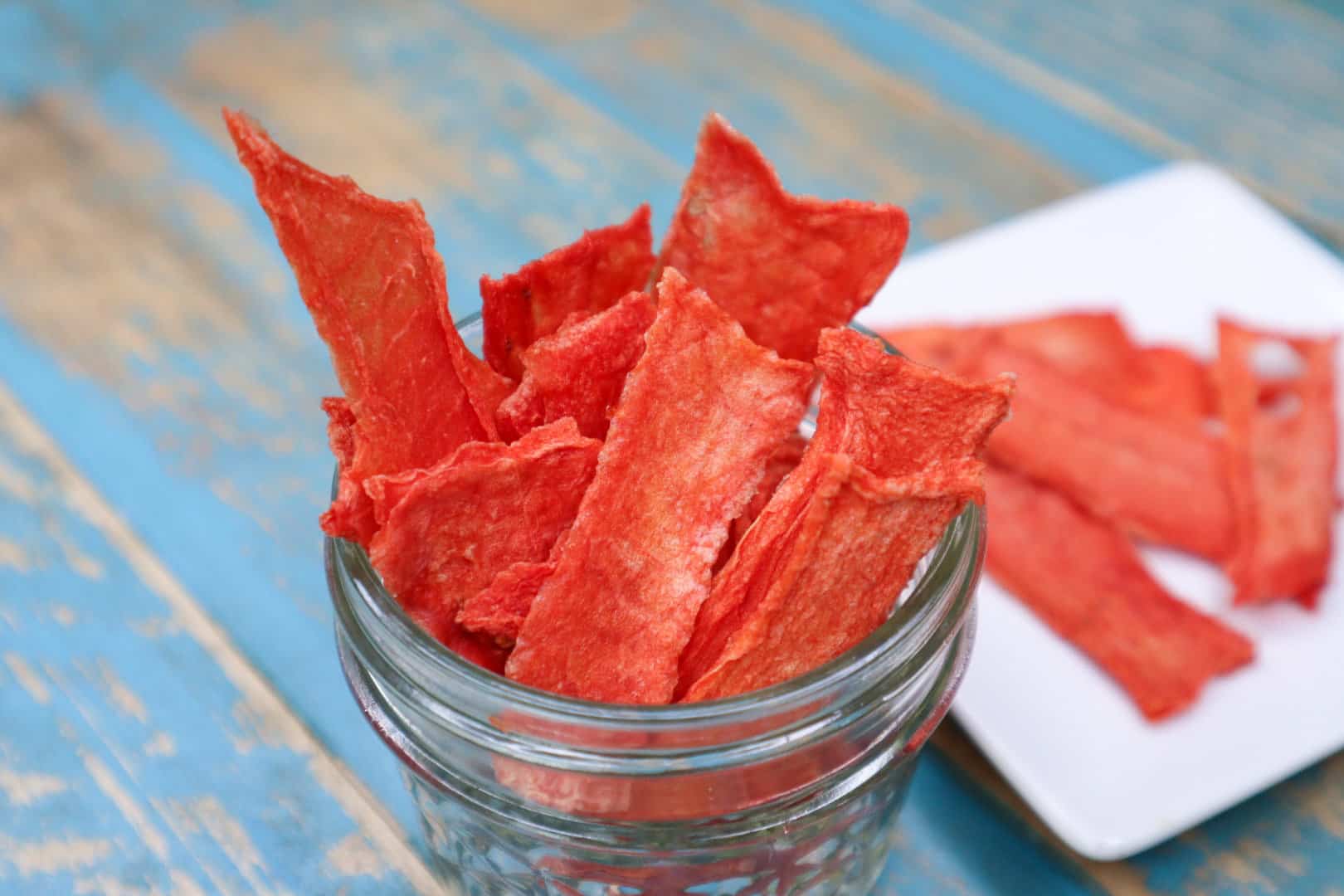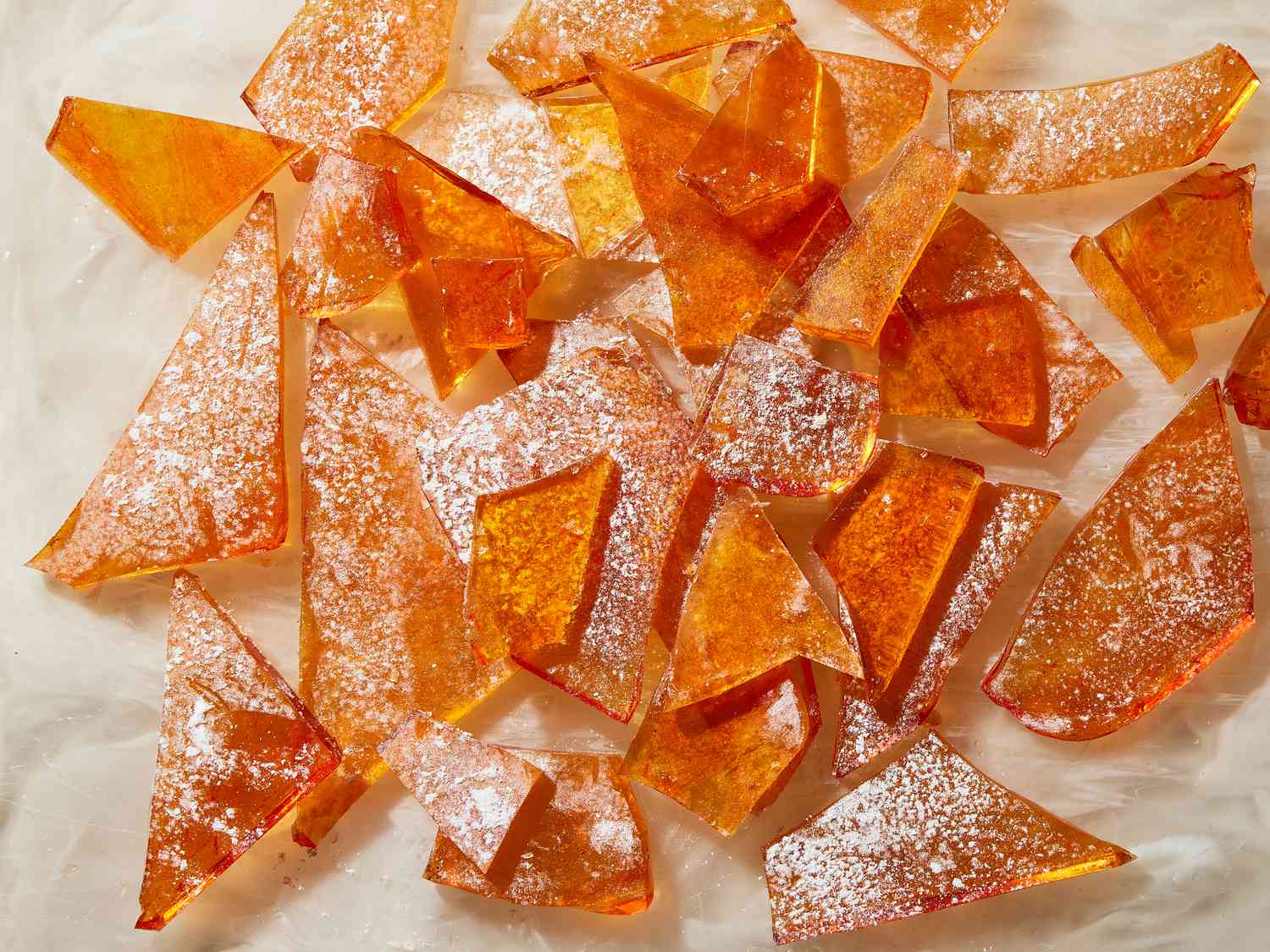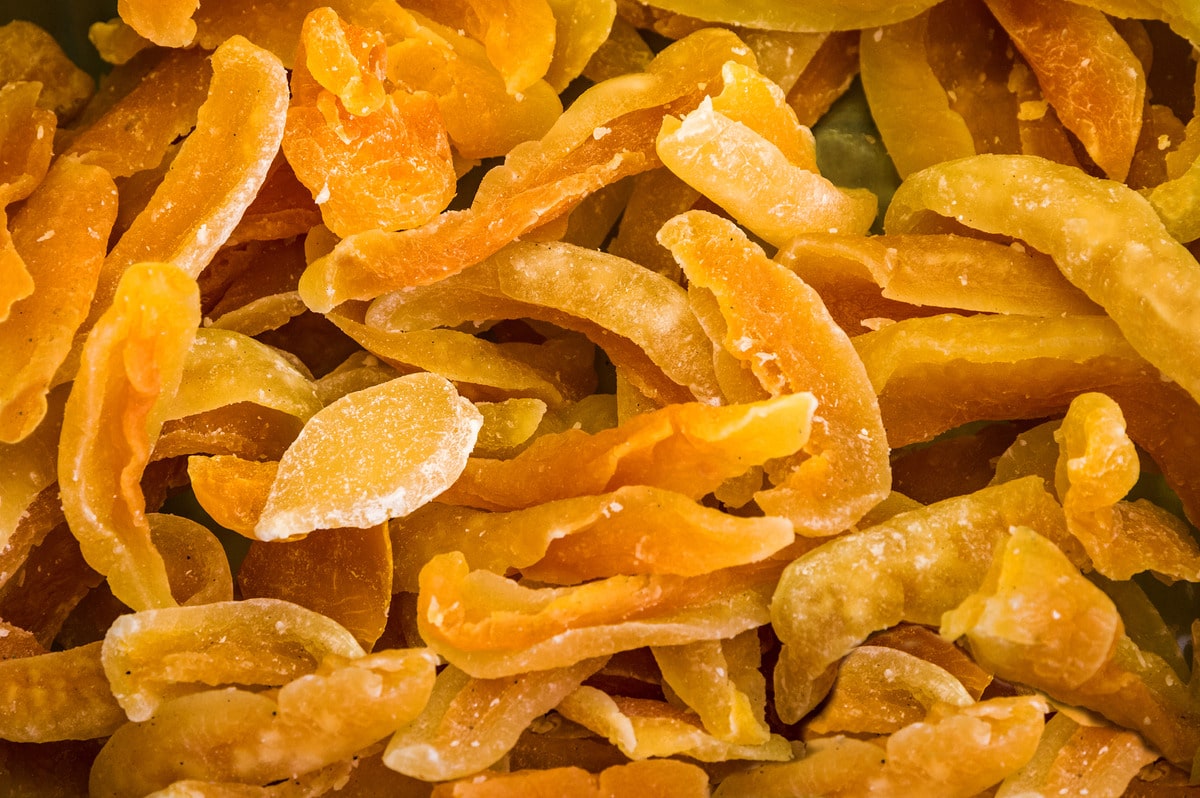Dehydrating Chicken Hearts: A Delicious and Nutritious Treat for Your Pet
Dehydrating chicken hearts is a simple and cost-effective way to provide your pet with a delicious and nutritious treat. Not only does dehydrating chicken hearts help to preserve their freshness, but it also intensifies their flavor, making them an irresistible snack for your furry friend. In this guide, we’ll walk you through the process of dehydrating chicken hearts at home, so you can provide your pet with a wholesome and satisfying treat.
Why Dehydrate Chicken Hearts?
Dehydrating chicken hearts offers several benefits for both you and your pet. Here are a few reasons why you might consider dehydrating chicken hearts:
- Nutritional Value: Chicken hearts are a rich source of protein, iron, and essential vitamins and minerals, making them a nutritious addition to your pet’s diet.
- Longer Shelf Life: Dehydrating chicken hearts helps to extend their shelf life, allowing you to stock up on this healthy treat without worrying about spoilage.
- Cost-Effective: Buying chicken hearts in bulk and dehydrating them at home can be more cost-effective than purchasing pre-packaged treats from the store.
- Control Over Ingredients: When you dehydrate chicken hearts at home, you have full control over the quality of the ingredients, ensuring that your pet receives only the best.
How to Dehydrate Chicken Hearts
Now that you understand the benefits of dehydrating chicken hearts, let’s dive into the process of preparing this tasty treat for your pet. Here’s a step-by-step guide to dehydrating chicken hearts at home:
- Prepare the Chicken Hearts: Start by thoroughly rinsing the chicken hearts under cold water to remove any excess blood or debris. Pat them dry with a paper towel.
- Cut and Trim: Using a sharp knife, carefully trim any excess fat from the chicken hearts and cut them into uniform pieces. This will help ensure that they dehydrate evenly.
- Season (Optional): If desired, you can season the chicken hearts with pet-friendly herbs or spices for added flavor. Be sure to avoid using any seasonings that are harmful to pets, such as garlic or onion.
- Arrange on Dehydrator Trays: Place the prepared chicken hearts in a single layer on the dehydrator trays, leaving space between each piece to allow for proper air circulation.
- Dehydrate: Set your dehydrator to the appropriate temperature for meat (typically around 160°F) and allow the chicken hearts to dehydrate for several hours, or until they are dry and leathery to the touch.
- Cool and Store: Once the chicken hearts are fully dehydrated, allow them to cool to room temperature before transferring them to an airtight container for storage. Properly dehydrated chicken hearts should be firm and dry, with no moisture remaining.
Serving Suggestions
Now that you have a batch of dehydrated chicken hearts ready, it’s time to treat your pet to this nutritious snack. Here are a few serving suggestions to consider:
- Serve Alone: Dehydrated chicken hearts can be served as a standalone treat for your pet, providing them with a satisfying and protein-rich snack.
- Use as Training Rewards: Cut the dehydrated chicken hearts into smaller pieces and use them as rewards during training sessions to reinforce positive behavior in your pet.
- Mix with Food: Crumble the dehydrated chicken hearts and sprinkle them over your pet’s regular food to add an extra boost of flavor and nutrients to their meals.
Conclusion
Dehydrating chicken hearts at home is a simple and rewarding way to provide your pet with a healthy and flavorful treat. By following the steps outlined in this guide, you can ensure that your pet enjoys the nutritional benefits of chicken hearts in a convenient and long-lasting form. Whether you’re looking to save money on pet treats, control the quality of ingredients, or simply offer your pet a delicious snack, dehydrated chicken hearts are a fantastic option for pet owners who want the best for their furry companions.
Exploring More Culinary Uses for Dehydrated Chicken Hearts
Now that you've mastered dehydrating chicken hearts, why not put your new skills to the test with some creative recipes? We recommend trying the Chicken Heart and Apple Bites for Pets and the Savory Chicken Heart and Spinach Pet Treats. These recipes not only provide a nutritious snack for your pets but also allow you to utilize your dehydrated chicken hearts in delicious and inventive ways. The Chicken Heart and Apple Bites blend the meaty goodness of chicken hearts with the sweet tang of apples, making them irresistible to pets. On the other hand, the Savory Chicken Heart and Spinach Pet Treats combine nutrient-rich spinach with dehydrated chicken hearts for a healthy, savory snack your pets will love.
Was this page helpful?
Read Next: How To Dehydrate Chicken Necks
